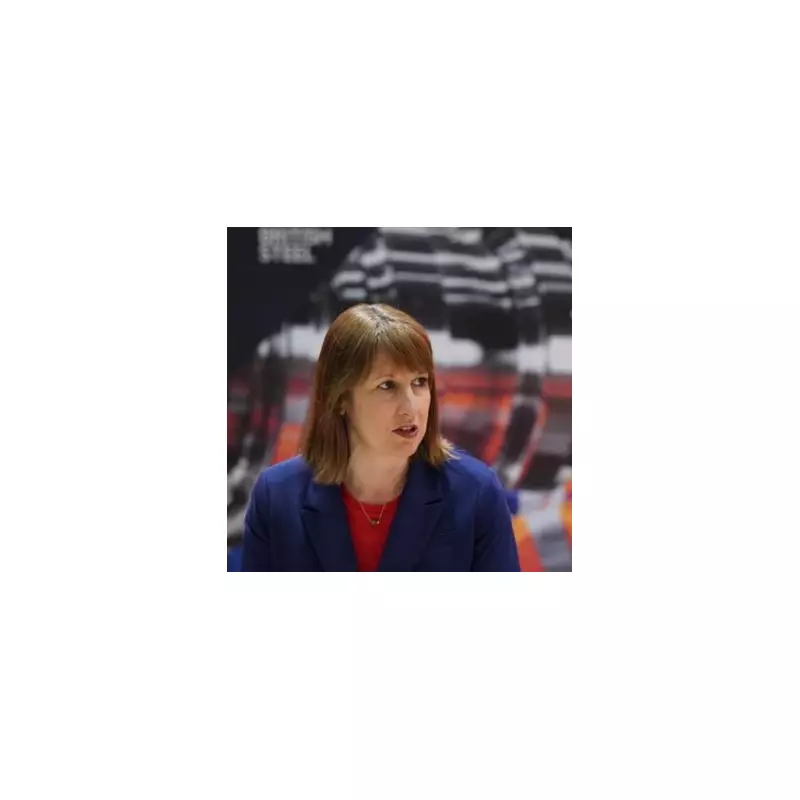
Chancellor Rachel Reeves is confronting intense demands to scrap controversial tax advantages for luxury SUVs, in what campaigners are calling a crucial test of Labour's environmental commitments.
The current benefit-in-kind tax system provides surprisingly generous breaks for heavy, polluting vehicles, including many premium SUV models that emit significantly more carbon than conventional cars. This policy loophole means some of the most environmentally damaging vehicles on Britain's roads receive preferential tax treatment.
Climate Campaigners Voice Outrage
Environmental groups have expressed astonishment that these subsidies have persisted under the new government. 'It's environmentally obscene that Rachel Reeves hasn't already closed this loophole,' stated one leading campaigner. 'The Treasury is effectively subsidising climate pollution through the tax system.'
Analysis reveals that some luxury SUV drivers benefit from thousands of pounds in annual tax savings compared to drivers of more efficient vehicles in the same price bracket. This creates a perverse incentive for choosing higher-emission vehicles at a time when the government claims to prioritise climate action.
Political Pressure Mounts
The controversy presents an early challenge for Reeves, who has positioned herself as a chancellor committed to both fiscal responsibility and environmental sustainability. Campaigners argue that eliminating these subsidies would be a straightforward way to demonstrate alignment between these priorities.
'This isn't just about environmental policy—it's about tax fairness,' noted a policy analyst. 'Why should people driving £80,000 luxury SUVs get better tax treatment than someone choosing an affordable, efficient family car?'
Broader Implications for Transport Policy
The debate over SUV tax breaks forms part of a larger conversation about Britain's transition to cleaner transport. While the government has emphasised support for electric vehicles, critics argue that continuing subsidies for heavy, inefficient vehicles undermines broader climate goals.
Industry observers suggest a decision on the tax treatment of luxury SUVs could signal the government's willingness to make difficult choices between popular policies and genuine environmental action.
With the autumn budget approaching, all eyes are on whether Reeves will heed these calls and eliminate what campaigners describe as one of Britain's most contradictory climate policies.





